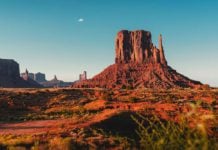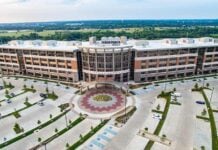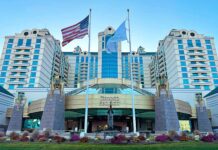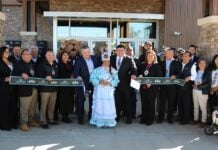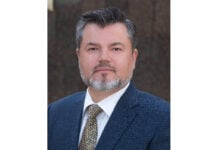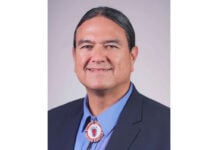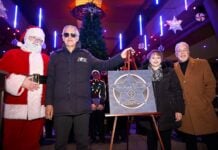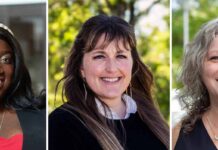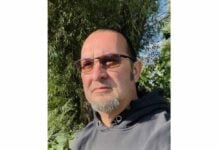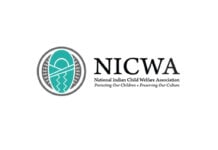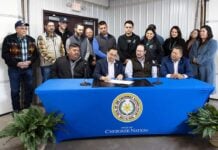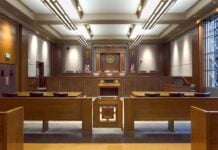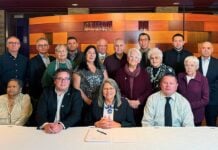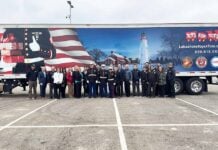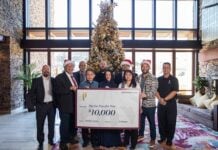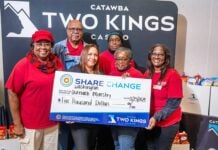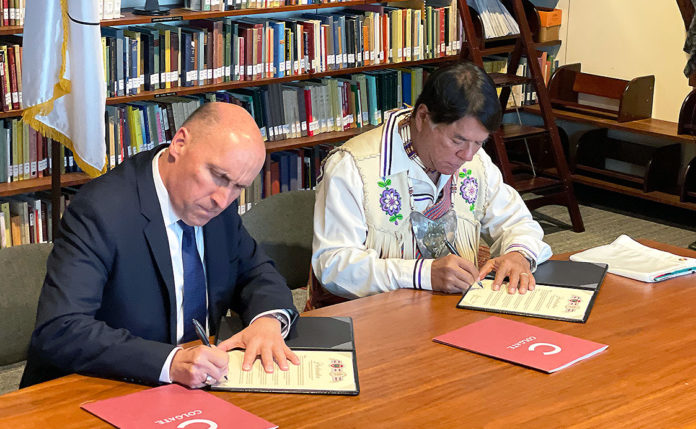
ONEIDA, NY – Recently, a ceremony was held at Colgate University to repatriate more than 1,500 funerary objects and cultural artifacts to the Oneida Indian Nation from the collections of the university’s Longyear Museum of Anthropology. During the ceremony, President Brian Casey offered an official apology for past acquisitions of these items and affirmed the university’s commitment to continuing the important work of repatriating Native people’s cultural artifacts in the future. This repatriation continues the long-time partnership between the university and the Oneida Indian Nation and the respectful return of culturally significant objects to the Oneida people.
The repatriation was among the largest single transfers of cultural artifacts in New York State history and included a variety of objects that were interred with Oneida ancestors during burial. The collection of transferred items includes: ceramic pots; turtle shells used to create rattles; figurines made of bone, metal, or antler; shell and glass beads; knives and harpoons; a stone pipe; and bark and cloth that would have been used to line burial sites and cover ancestors’ remains.
Oneida Indian Nation Representative Ray Halbritter, Colgate University President Brian Casey, and historian and University of Houston Cullen Professor Emeritus James Kirby Martin shared remarks during the ceremony.
“For decades, too many museums and other educational and cultural institutions have followed indefensible practices regarding the ancestral remains and cultural artifacts of Native Americans,” said Halbritter. “These practices have been allowed to continue under the belief that preserving history is of the ultimate importance without questioning the means of doing so. They assume it is possible while divorcing the history from the people to whom it belongs, presuming to tell our stories with stolen artifacts and unfamiliar voices. Native people’s funerary and ceremonial objects should never be the property of museums in this way. Our dedication to continuing this conversation is one of the many values the Oneida Indian Nation shares with Colgate University. We are grateful for these efforts, but equally grateful for the university’s and museum’s understanding that they are what is required in a society that meaningfully recognizes the sovereignty and dignity of Native people.”
“Many of the sacred belongings being repatriated today came into the university’s possession through a collection acquired in 1959 – one that should never have been acquired,” said Casey. “For this, on behalf of this university, I humbly apologize. I hope that today’s repatriation brings Colgate closer to members of the Oneida Indian Nation, both as neighbors and as partners, in continuing this important work to see that all of the Nation’s rightful belongings are properly and respectfully returned.”
The ceremony is the latest in a series of repatriations that began in 1995 with the transfer of remains of seven Oneida ancestors and eight associated funerary objects. The transfer of remains of two ancestors and two cultural artifacts followed in 2002 along with the return of a sacred mask in 2019. Most recently, in 2020, a wide-ranging inventory of the museum’s collections resulted in the repatriation of remains from at least six additional Oneida ancestors.
Additional repatriations are expected in the future as Colgate University and the Oneida Indian Nation continue to partner on the identification of ancestral remains and sacred and ceremonial objects within the Longyear Museum of Anthropology’s collections.


